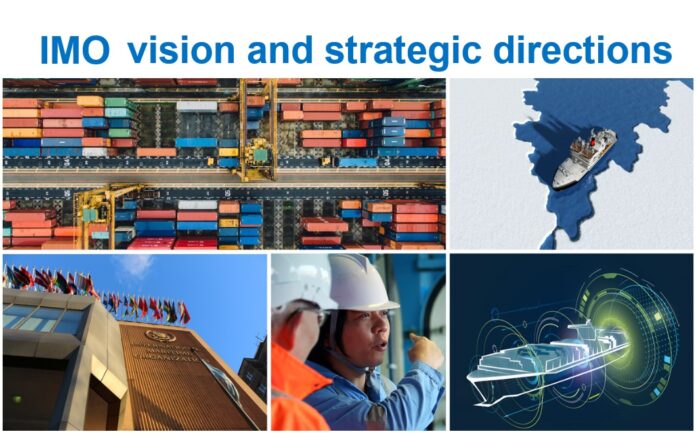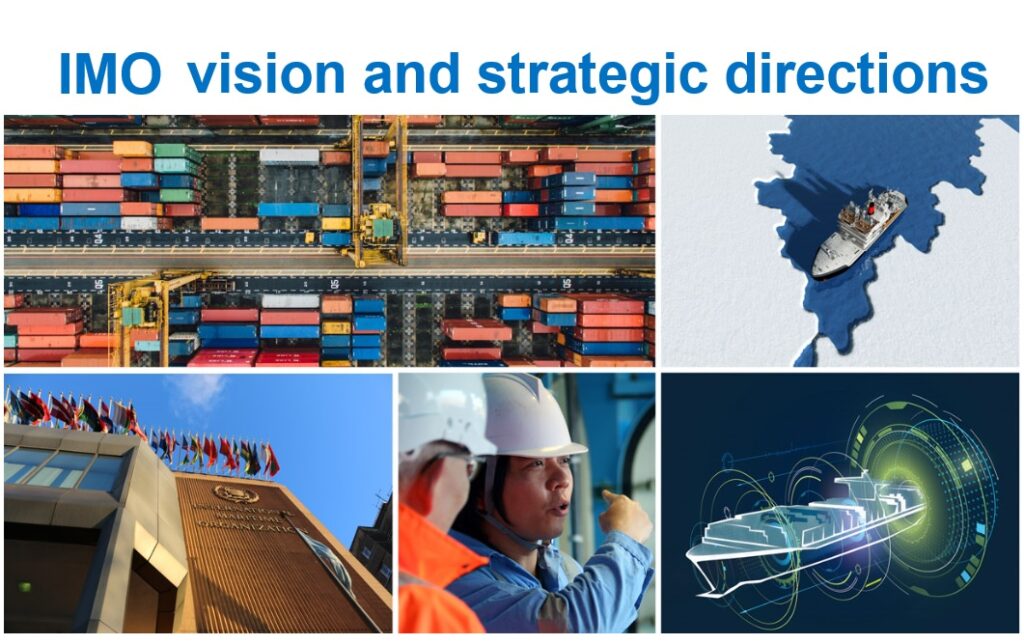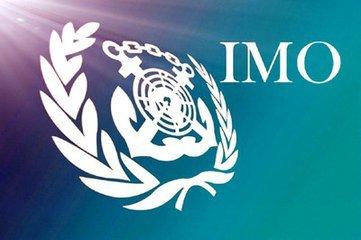
(www.MaritimeCyprus.com) The IMO Assembly met for its 30th session at IMO Headquarters in London, United Kingdom (27 November to 6 December). The Assembly was the largest-ever gathering at IMO Headquarters in London, attended by some 1,400 participants, including 56 at the ministerial level, from 165 Member States, as well as observers from inter-governmental and non-governmental organizations. Strategic directions and vision adopted The strategic directions are:
Vision statement: To achieve this, IMO will focus on review, development and implementation of and compliance with IMO instruments in its pursuit to proactively identify, analyse and address emerging issues and support Member States in their implementation of the 2030 Agenda for Sustainable Development.” Support for UN SDGs through technical cooperation The first resolution covers the linkages between IMO's technical assistance work and the 2030 Agenda for Sustainable Development and requests the Technical Cooperation Committee to give high priority to those activities which not only promote the early ratification and effective implementation of IMO instruments but also contribute to the attainment of the SDGs, taking into account the special needs of the least developed countries (LDCs) and small island developing States (SIDS) and the particular maritime transport needs of Africa. The second outlines guiding principles of IMO's integrated technical cooperation programme in support of the 2030 Agenda for Sustainable Development. It urges Member States to ensure the integration of maritime issues within their United Nations Development Assistance Frameworks (UNDAF) which will determine their national priority areas of funding and support for maritime technical assistance activities. The third covers financing and partnership arrangements for an effective and sustainable integrated technical cooperation programme. It invites Member States, international and regional organizations, non-governmental organizations and industry to engage actively in the support of technical cooperation activities through voluntary cash donations to the TC Fund; financial allocations to IMO multi-donor trust funds; multi-bilateral arrangements; voluntary donations of interest earnings under the Contributions Incentive Scheme; and in-kind support through the provision of no-fee consultants, hosting of technical assistance events and the donation of equipment. Focus on marine plastic pollution IMO’s MARPOL treaty addresses garbage under its Annex V, which bans the discharge of plastics from ships into the oceans. The treaties which regulate the dumping of wastes at sea (London Convention and Protocol) also have role to play in addressing plastic in the oceans from land-based sources. The Assembly recognized the role that the Organization has and continues to play in addressing this problem. The Assembly encouraged Member States, Parties to MARPOL Annex V and international organizations to submit concrete proposals to the next sessions of the Marine Environment Protection Committee and the meeting of the Parties to the London Convention and Protocol which meet during 2018. Polar code second phase welcomed The Polar Code, which entered into force on 1 January 2017 under both the SOLAS and MARPOL treaties, provides additional requirements for safe ship operation in polar waters and the protection of the polar environment. The work on the second phase, to address other vessels, including fishing vessels and smaller ships not covered by the SOLAS treaty, will be initiated at MSC 99 in May 2018. IMO number scheme extended to fishing vessels and other vessels The number scheme applies to ships over 100 GT and is mandatory for passenger ships of 100 gross tonnage and upwards and all cargo ships of 300 gross tonnage and upwards. In 2013, the Assembly agreed to voluntary extension to fishing vessels over 100 gt. Further voluntary application is now extended to fishing vessels of steel and non-steel hull construction; passenger ships of less than 100 gross tonnage, high-speed passenger craft and mobile drilling units, engaged on international voyages; and to all motorized inboard fishing vessels of less than 100 gross tonnage down to a size limit of 12 metres in length overall authorized to operate outside waters under national jurisdiction of the flag State. Identifying and tracking fishing vessels operating at sea and being able to establish their ownership is an important part of ongoing work to tackle illegal, unreported, unregulated (IUU) fishing. IMO is working closely with the Food and Agriculture Organization of the United Nations (FAO) and the International Labour Organization (ILO) as well as other stakeholders, to tackle IUU fishing. IMO is also encouraging States to ratify the Cape Town Agreement on fishing vessel safety, to bring this important treaty into force. Port State Control – revised procedures adopted Ratification of 2010 HNS Protocol urged The resolution calls on States to consider ratifying, or acceding to, the 2010 HNS Protocol and to implement it in a timely manner. It also urges all States to work together towards the implementation and entry into force of the 2010 HNS Protocol by sharing best practices, and in resolving any practical difficulties in setting up the new regime. Delegating the authority of issuing certificates of insurance Unlike the Bunkers Convention 2001, the 2002 Athens Convention and the 2007 Nairobi Wreck Removal Convention, the 1992 Civil Liability Convention and the 2010 HNS Convention do not provide an explicit framework for the delegation of authority to issue certificates of insurance. It also reminds States Parties that the delegation of authority to issue the certificates of insurance or other financial security required by the 1992 Civil Liability Convention and the 2010 HNS Convention would not affect the potential liability the delegating State may have in relation to those certificates. Launching missiles without warning condemned IMO budget adopted Election of the IMO Council The Assembly directed the Council at its 120th session in June 2018 to examine the processes and procedures of the Assembly and Council, with a view to making suggestions for reform. Election of Council Chair Source: IMO |















Reblogged this on Brittius.
Proof that the United Nations is advancing its Communistic goals totalitarian control as contained in Agenda 2030, & climate change issues through the IMO - not good